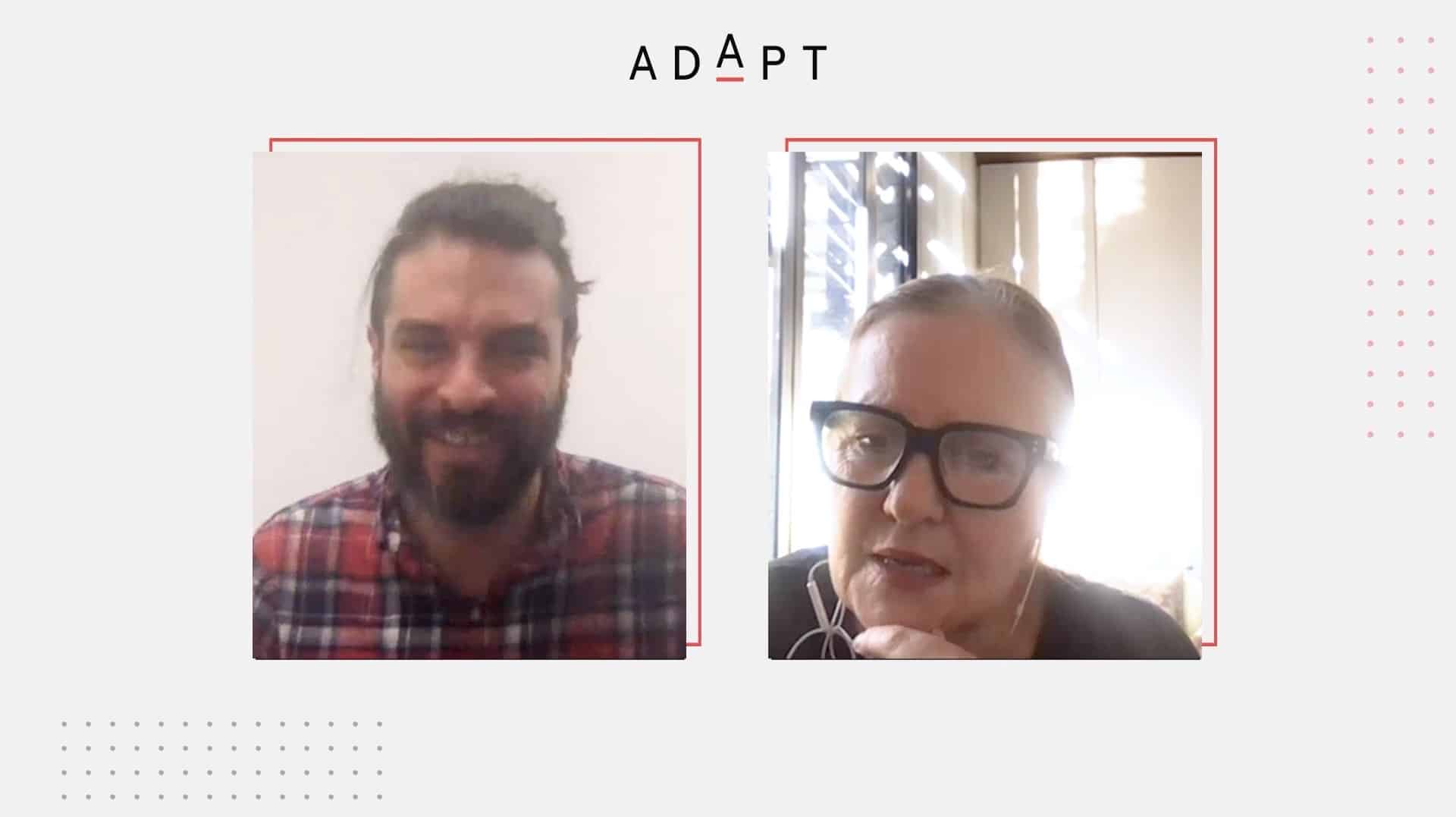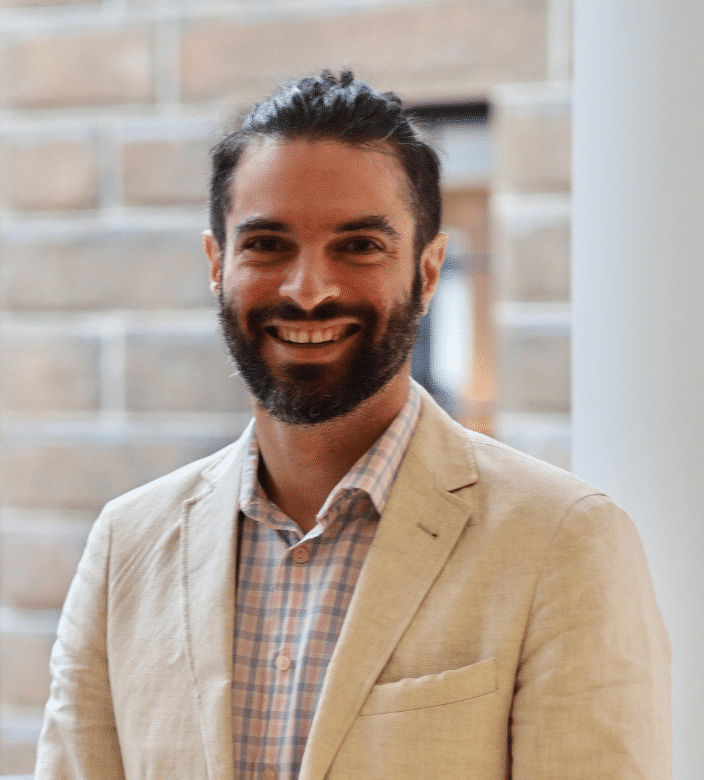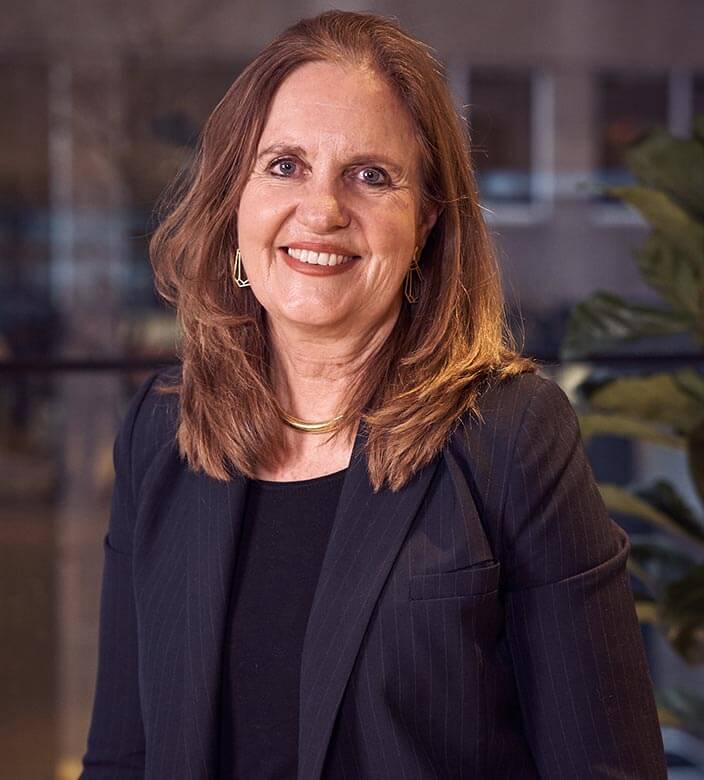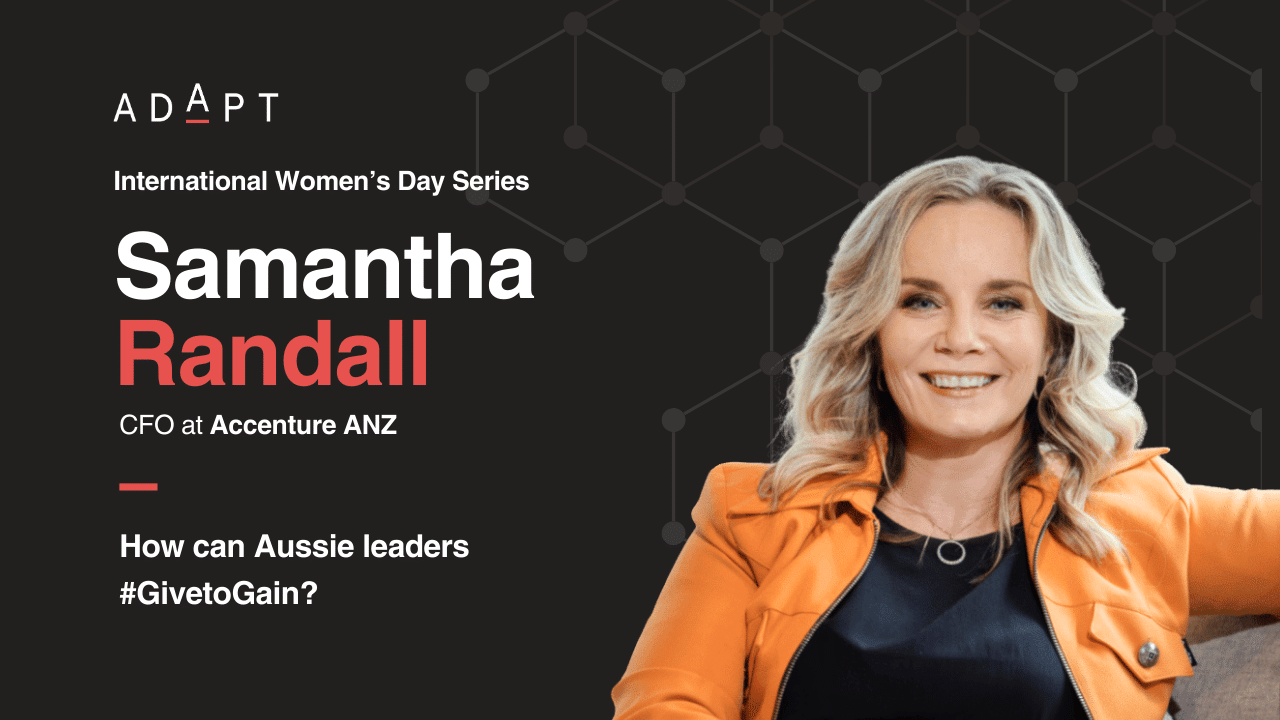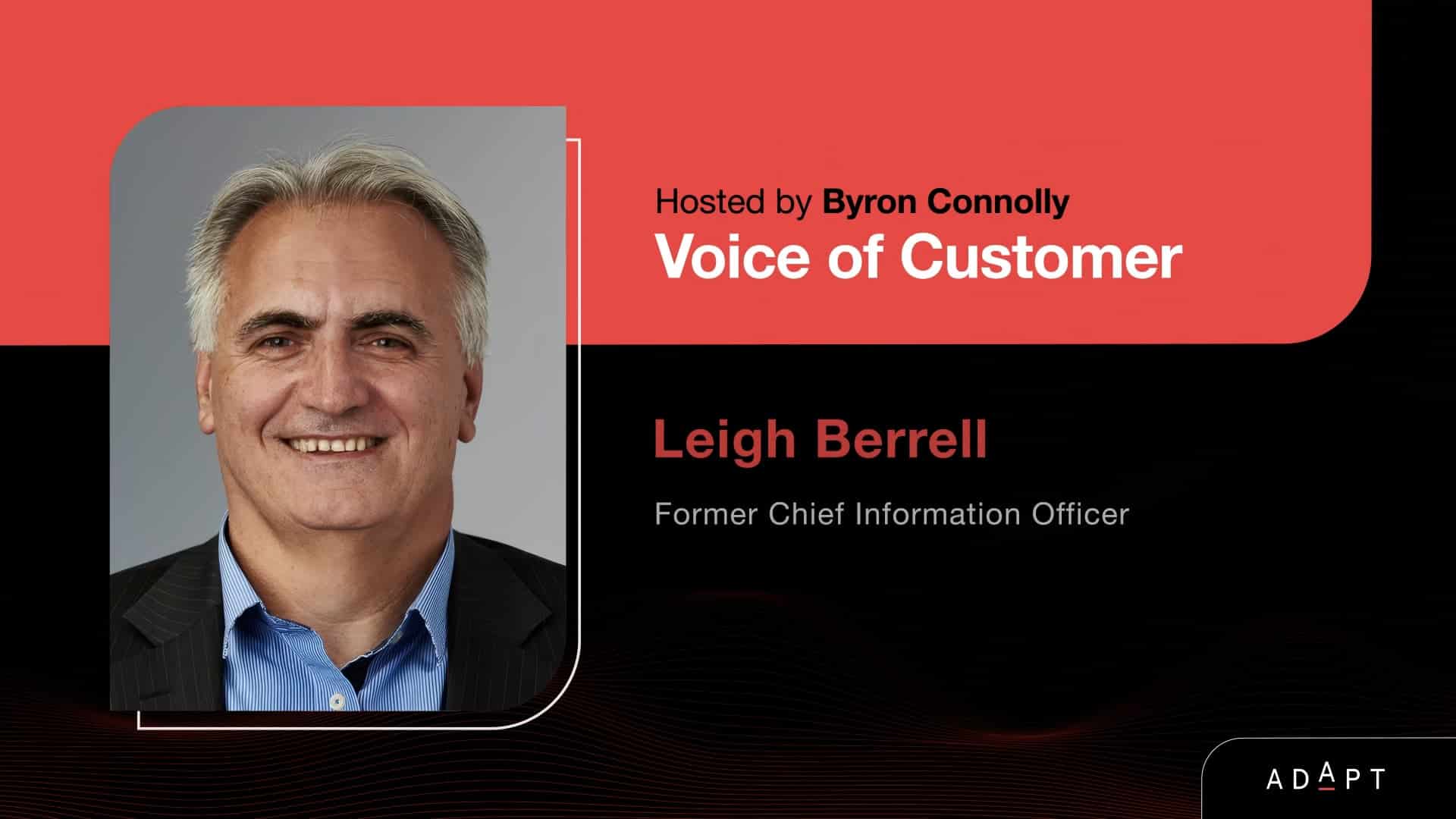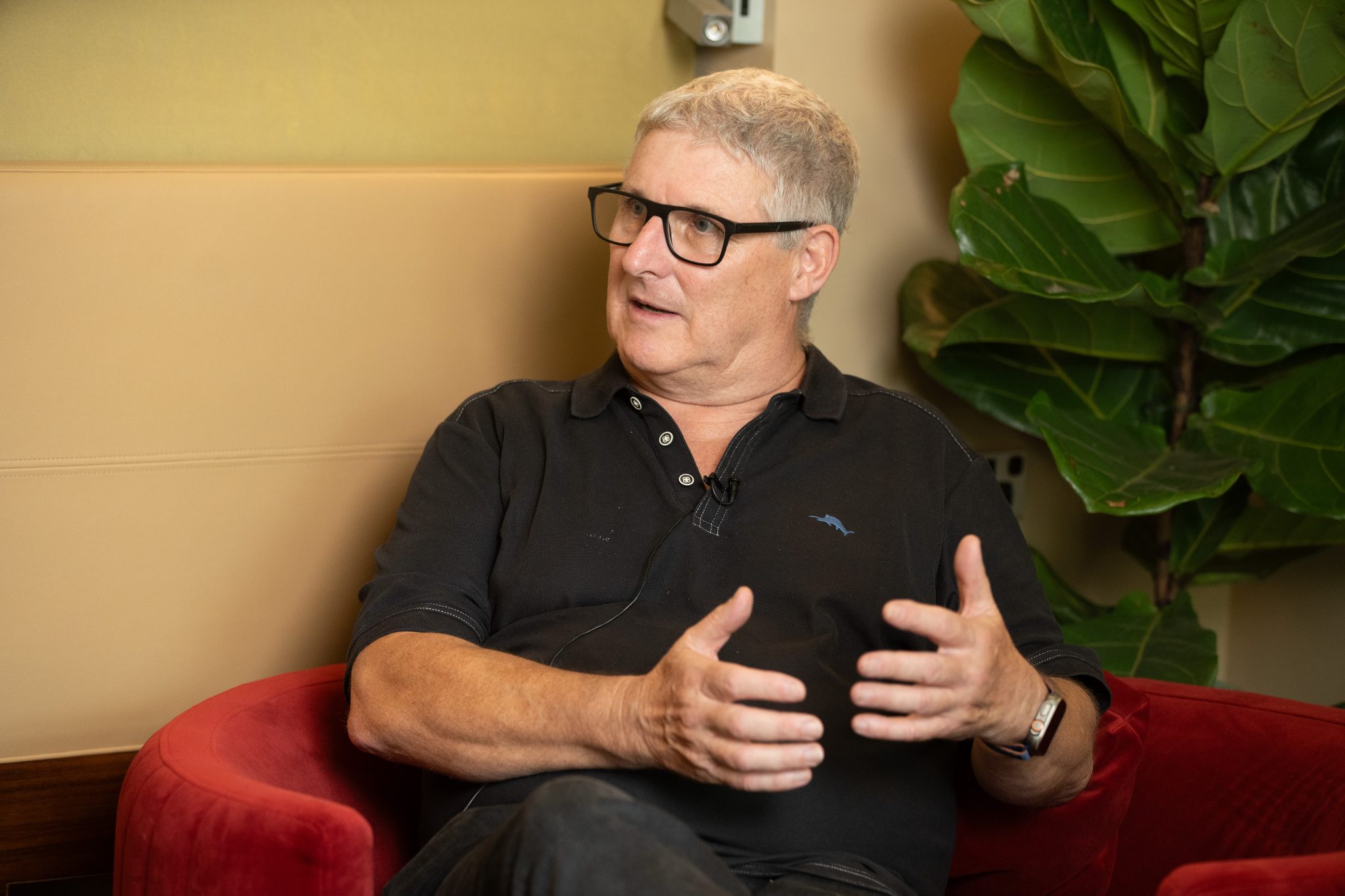Future-Ready Enterprises Need Future-Ready People: Insights from an Interview with Dr. Kristine Dery
In a recent interview, Gabby Fredkin, Senior Research Analyst at ADAPT, had an insightful conversation with Dr. Kristine Dery, a Research Scientist at MIT Sloan School of Management.In a recent interview, Gabby Fredkin, Senior Research Analyst at ADAPT, had an insightful conversation with Dr. Kristine Dery, a Research Scientist at MIT Sloan School of Management.
Dr. Dery’s expertise lies in exploring the transformation of workforce in the digital era and understanding the importance of future-ready people in driving successful digital transformations.
In this article, we will delve into the key takeaways from their conversation and highlight the significance of building a future-ready workforce in today’s rapidly evolving business landscape.
The Balance between Technology and People
Dr. Dery emphasises the importance of finding the right balance between technology and human capabilities within organisations.
It involves equipping employees with the necessary tools and technologies to enhance their productivity while ensuring they possess the digital skills required to leverage those technologies effectively.
This balance requires a collaborative effort between IT and HR or learning and development departments, as both are crucial in leading the organisation towards digital success.
Building Digital Literacy
Gabby raises the question of how organisations can foster digital literacy among their employees. Dr. Dery suggests that creating space and time for learning is crucial.
Rapid learning has become essential in the digital environment, where employees need to continuously develop their digital skills.
Some organisations are experimenting with different approaches to allocate time for learning and integrating it into their promotion and growth processes.
Employee champions, who acquire knowledge and spread it across the organisation, can also play a vital role in building digital literacy.
Incentivising and Rewarding Learning
Gabby explores how organisations can incentivise and reward learning to encourage employees to embrace continuous skill development.
Dr. Dery highlights that companies excelling in talent management strategies and future-ready workforce development experience approximately 20 percentage points higher revenue growth compared to those that do not prioritise these areas.
To demonstrate the value of digital capabilities, organisations can implement systems such as belt systems, as seen in King Wood Mallesons, where employees progress through different stages of digital skills.
Making these capabilities public within the organisation gives them meaning and showcases their value for both individuals and the enterprise.
The Future of Work and Digital Transformations
Gabby concludes the interview by discussing the future horizon of work and digital transformations.
Dr. Dery acknowledges the exciting potential of generative AI and other emerging technologies to revolutionise the workplace.
However, she emphasises the need for organisations to be ready to embrace these technologies and extract value from them effectively. To ensure successful digital transformations, it is crucial to invest in the workforce’s development alongside strategic initiatives.
Empowering employees with the right skills and capabilities is key to driving meaningful change and realising the full potential of digital transformations.
Conclusion
Dr. Kristine Dery’s insights provide valuable guidance for organisations seeking to navigate the digital landscape successfully.
By focusing on building future-ready people, companies can equip their workforce with the skills and digital literacy needed to drive innovation, enhance customer experience, and achieve sustained growth.
As the business landscape continues to evolve, organisations must prioritise investing in their employees and fostering a culture of continuous learning to remain competitive in the digital era.
Kristine will join 120 top CHRO and Heads of People & Change driving collaboration and performance at ADAPT’s People Edge.





















